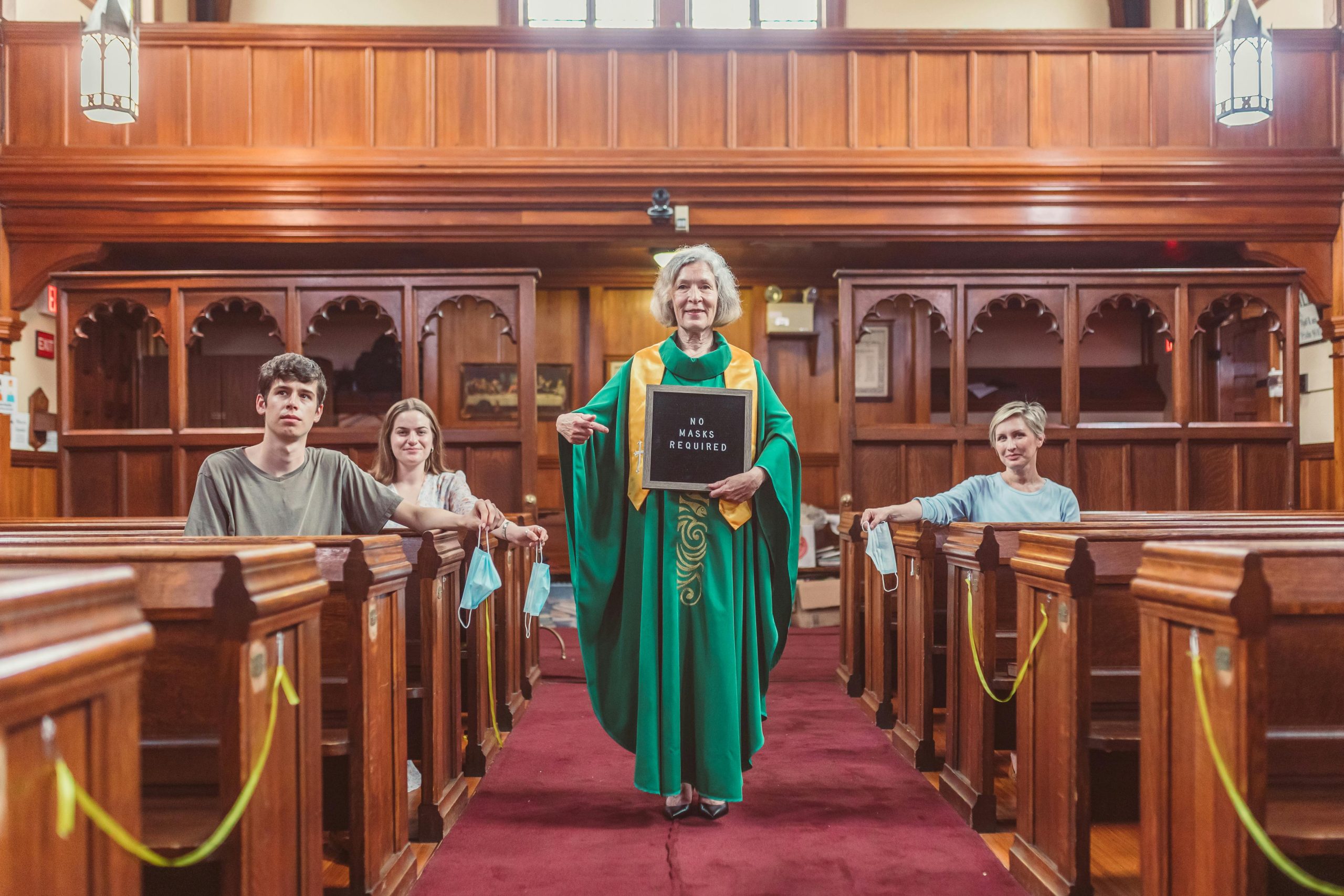Allegations of Abuse Surface Involving the Daughter of Israeli Minister
In a shocking revelation that has captured media attention, the daughter of a prominent Israeli minister, known for her advocacy of settlement building in Gaza, has made serious accusations of ritual and sexual abuse against her mother. These allegations not only highlight the personal struggles within influential political families but also raise broader concerns about societal norms and the treatment of women in complex sociopolitical landscapes.
The minister in question has been a controversial figure in Israeli politics, often associated with divisive policies that advocate for the expansion of settlements in the contested territories of Gaza. While this position has garnered significant support from certain factions, it has also drawn intense criticism internationally, particularly regarding the implications for peace and human rights.
The accusations made by the minister’s daughter have ignited a fierce debate about the underlying issues of parental relationships, power dynamics, and the notion of abuse within political families. The daughter, in her statements, has described experiences that resonate deeply with the narratives of many survivors of abuse, prompting a wider conversation about the nature of familial bonds intertwined with public roles.
As discussions evolve around these allegations, the incident serves as a reminder of the human stories often lost in political discourse. It underscores the importance of addressing and acknowledging the complexities of personal trauma, irrespective of one’s public persona or political affiliations.
The situation remains fluid, with many awaiting further developments. Advocacy groups and mental health professionals have voiced their support for the daughter, urging her to seek aid and emphasizing the necessity of creating a safe environment for survivors to share their stories without fear of retribution.
In light of these unfolding events, it is worth considering how individuals in power might affect their family members and the potential ramifications of their public lives on personal relationships. The story serves not only as a cautionary tale but also as an invitation for open dialogues about abuse, support systems, and the critical need for nurturing healthy family environments, especially amongst those wielding influence in society.
As we engage with this narrative, let us approach it with empathy and a commitment to understanding the broader implications of such allegations within the context of social and political frameworks.



